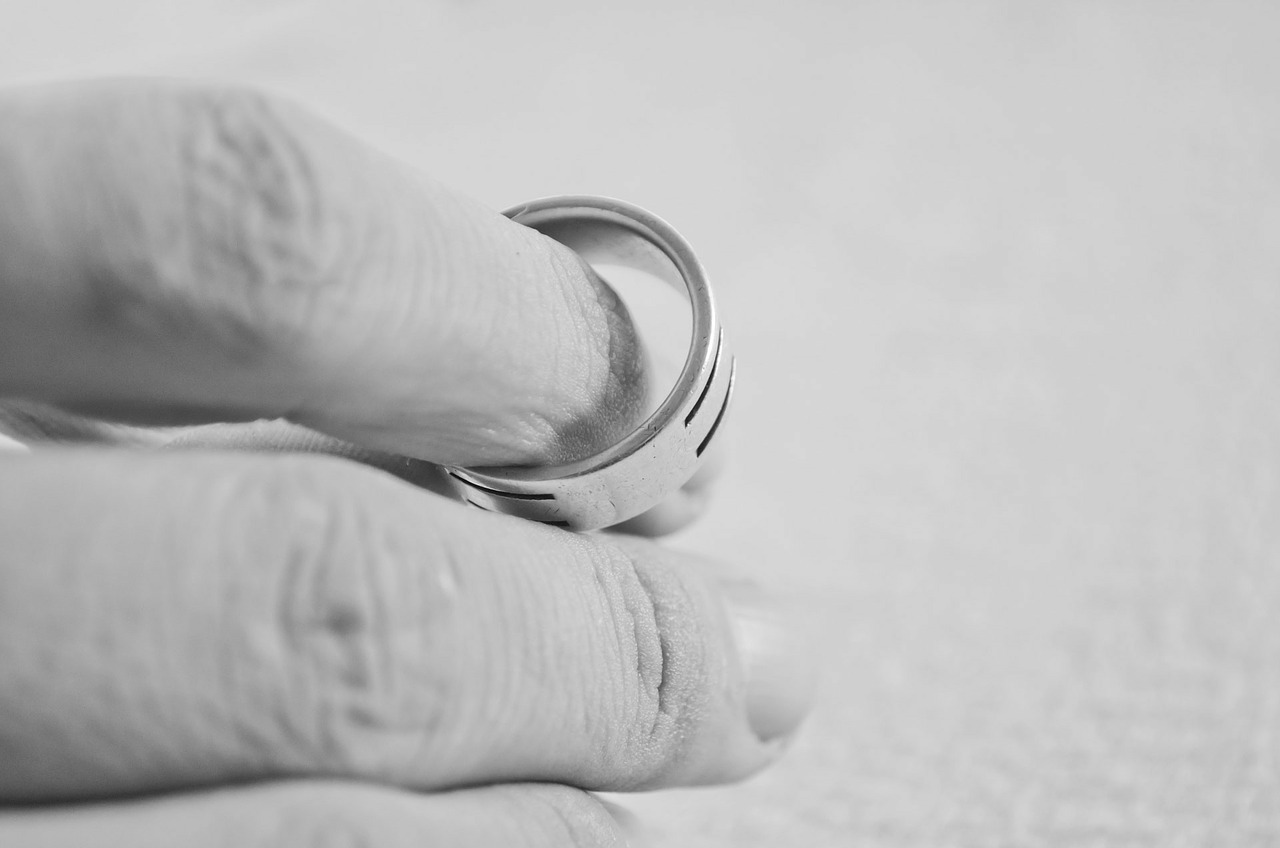When a relationship comes to an end and assets are divided up, a pension pot is very often the most valuable capital asset after a home. With civil partnered and gay married couples now having the same legal rights as heterosexual married spouses, those who do not prepare may find their expected pension benefits significantly impacted when they split up.
A pre-nuptial agreement may protect you from a spouse or civil partner from making a successful claim in assets an income upon divorce. However, the jurisdiction of the court cannot be ousted; the needs of any children of the marriage or civil partnership will take priority within divorce proceedings. A pre -nuptial agreement will be one of a number of factors the court takes into account. In a mid to long term marriage the court may decide to depart from the terms if there is an inequality in assets, income and pension.
Unless you have a prenuptial agreement which excludes certain assets from your marriage or civil partnership, all financial assets, including pension rights, will be examined and divided by the Court.
There are two main ways in which pension benefits can be dealt with as part of a divorce or dissolution settlement – offsetting and sharing. The starting point for valuing pension benefits is the cash equivalent transfer value (CETV) of the cash equivalent benefit (CEB) if in payment. Both parties have to disclose the value of their pension pot(s) and/or accrued benefits at the date of divorce/dissolution.
Pension Offsetting
Pension offsetting is a commonly used means of dealing with pension benefits. Each person retains their own pension rights with the value of the assets taken into consideration when valuing all matrimonial/partnership assets and the proportion of other assets adjusted accordingly to equal value. So, for example, if one party gains the home then the other may receive the entire pension to offset the value of the house.

Pension Sharing
Pension sharing has been an option for heterosexual couples whose divorces are filed on or after 1 December 2000. With the same now applying to same-sex marriages and civil partnerships this means that a pension is split to give both parties a separate pension and is based upon the transfer value of the pension and assets.
State Pensions
The basic state pension cannot be split on divorce or dissolution of a civil partnership although it may be possible to claim a basic state pension based upon an ex-spouses/partner’s National Insurance contribution history. It is also taken into account when deciding how much each party should have in respect of pensions and will therefore still form part of the pension pot.
Pensions and Unmarried/Non Civil Partnered Couples
Cohabitees do not have any legal right to each other’s pensions.
For advice on civil partnerships, same-sex marriage and other legal matters contact GloverPriest Solicitors on 0121 794 5814 for a consultation or email
[email protected]